
Latest from Olivia Snaije

Fouad Elkoury’s Photography Finds Poetry Amid Destruction
Finding liminal spaces in war, capturing a ray of light or an unexpected moment suspended in time, Fouad Elkoury’s unique style makes his photography timeless. He has retraced a historical journey in Egypt, documented his own loneliness during a trip to Turkey and found poetry amid chaos and destruction.
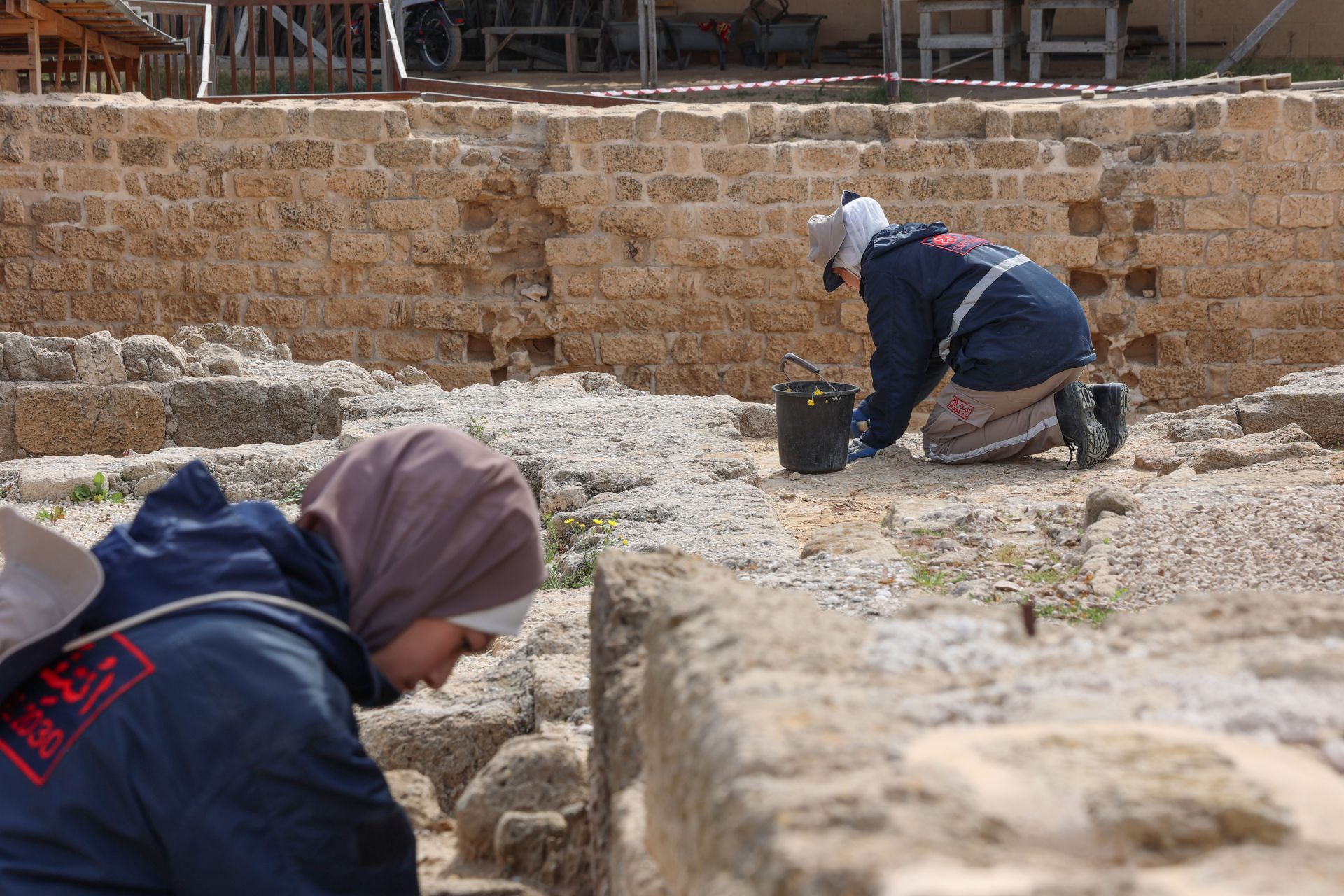
The Past Is Being Destroyed in Palestine — As Well as the Present
Amid the destruction in Gaza, an estimated 200 heritage sites have been damaged or entirely lost, and a remarkable community-driven model of archaeological fieldwork has been jeopardized. At the same time, images of Israeli soldiers posing with artifacts have raised fears about the danger beyond the bombs.
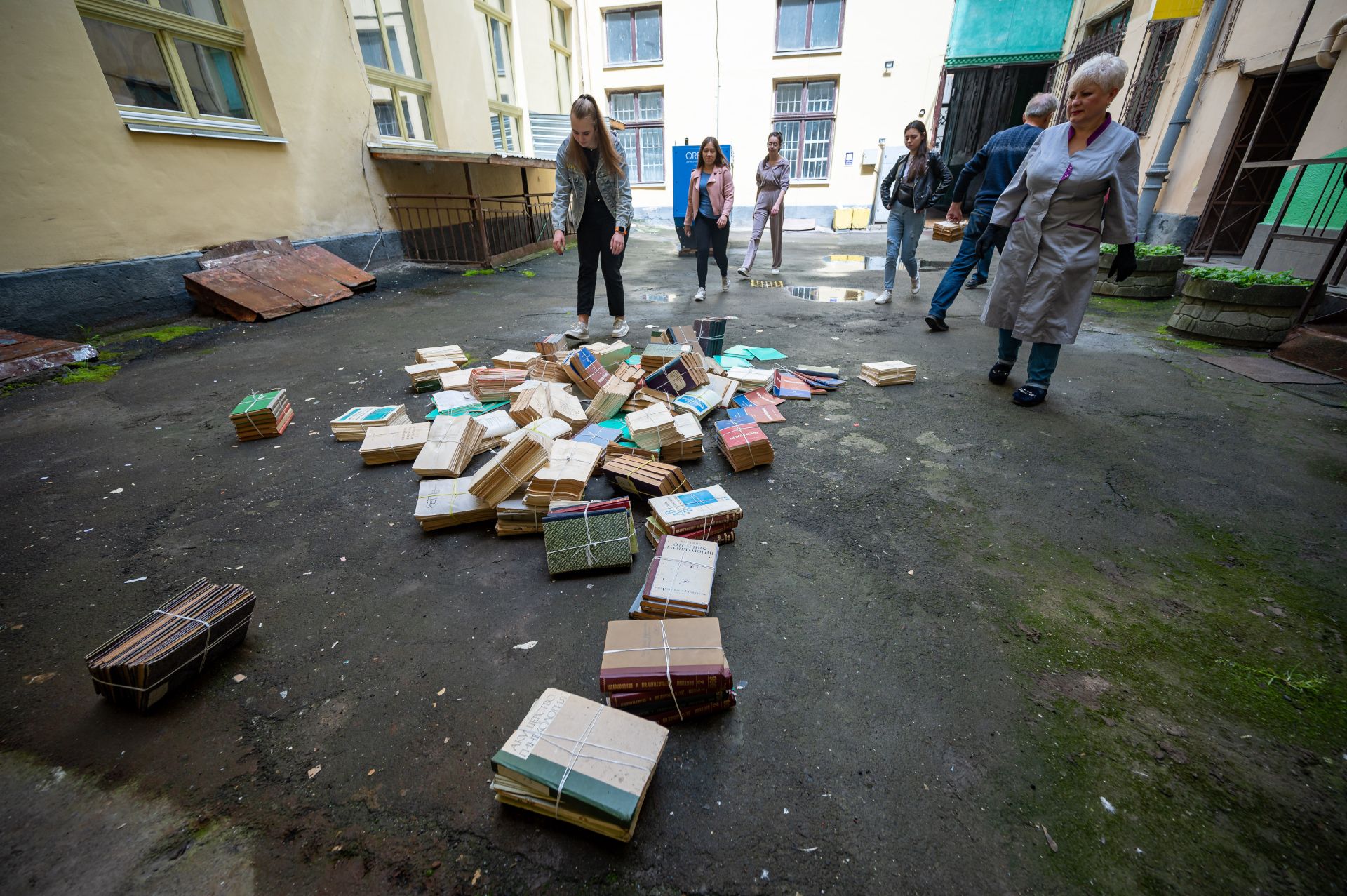
Ukrainians Eschew Russian But One of Their Bestselling Authors Embraces It
The subject of the Russian language in Ukraine is of course no joke. It’s also a good example of how a language can be instrumentalized for political purposes. Yet Andrey Kurkov, who uses the Russian language to write about Ukraine, is not alone.
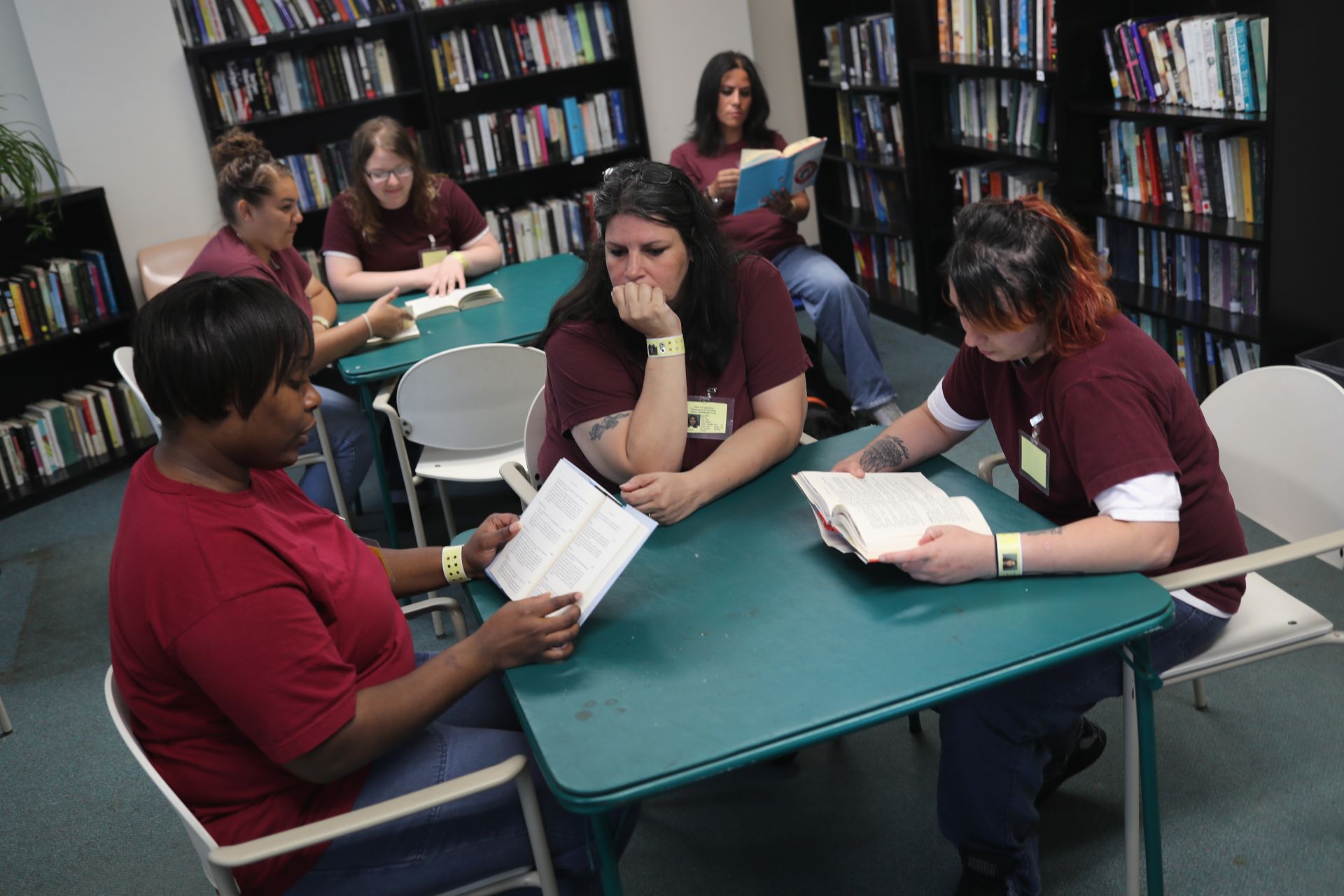
Book Bans in US Prisons Undermine Rehabilitation
Thousands of books are banned in U.S. prisons, including a family medical guide because it contains photos of a nude child and 12 books about Leonardo da Vinci, also due to “sexually explicit images.” Adolf Hitler’s “Mein Kampf,” on the other hand, is allowed.
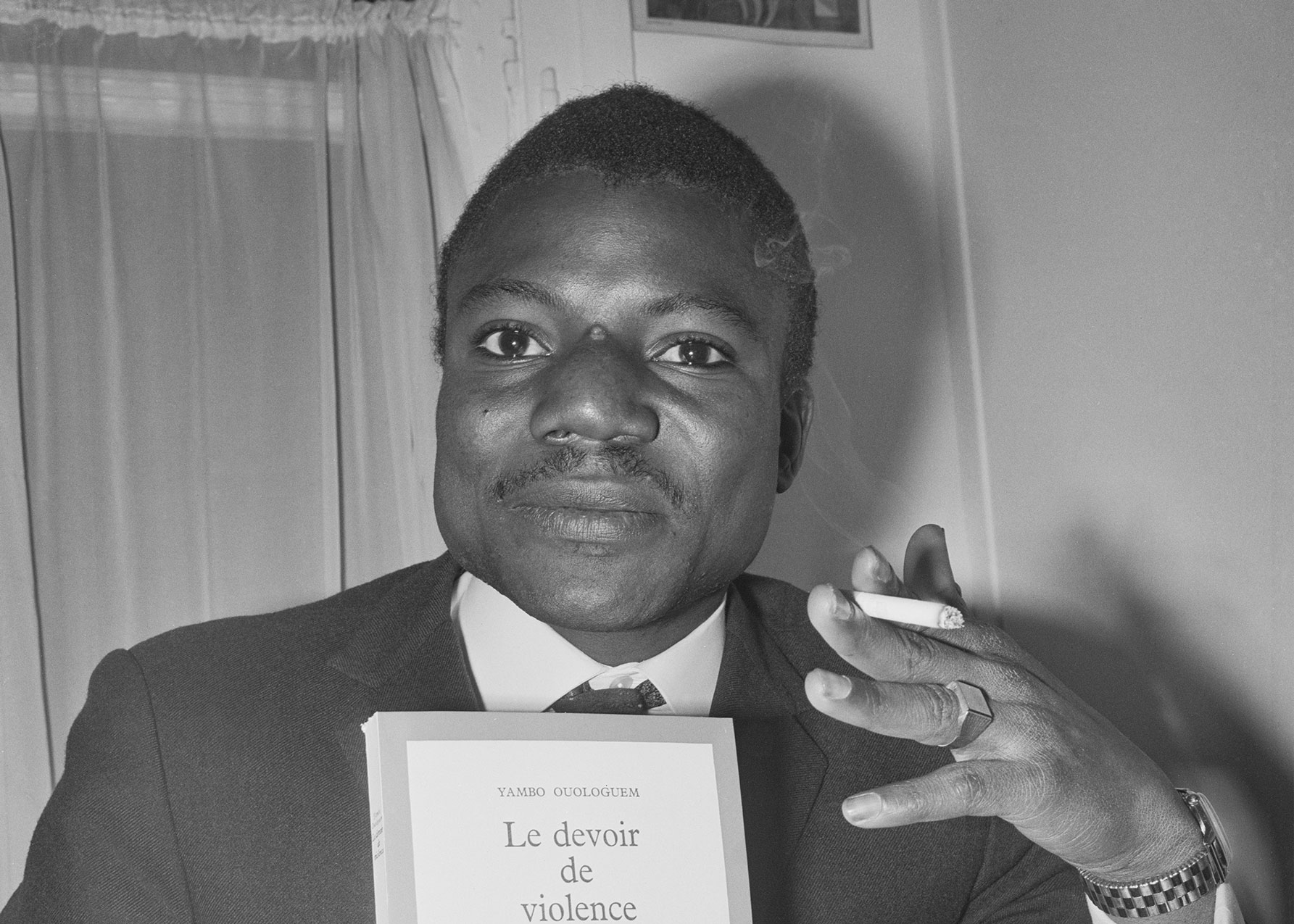
A Malian Writer Finds a Postmortem Revival
Most academics agree that the plagiarism charges against Yambo Ouologuem fall into a “gray area” as plenty of writers, including T.S. Eliot, have used the same method of intertextuality. But the damage to a brilliant young writer was done — until a French literary event in 2021 set the record straight.

A New French Film Hints at Unity
The left and right have all but disintegrated in France, and most topics have been pushed aside since the war in Ukraine. It is against this backdrop that Alice Diop’s beautiful and profoundly sociopolitical documentary, “Nous” (We), portrays France with clarity and even-handedness.
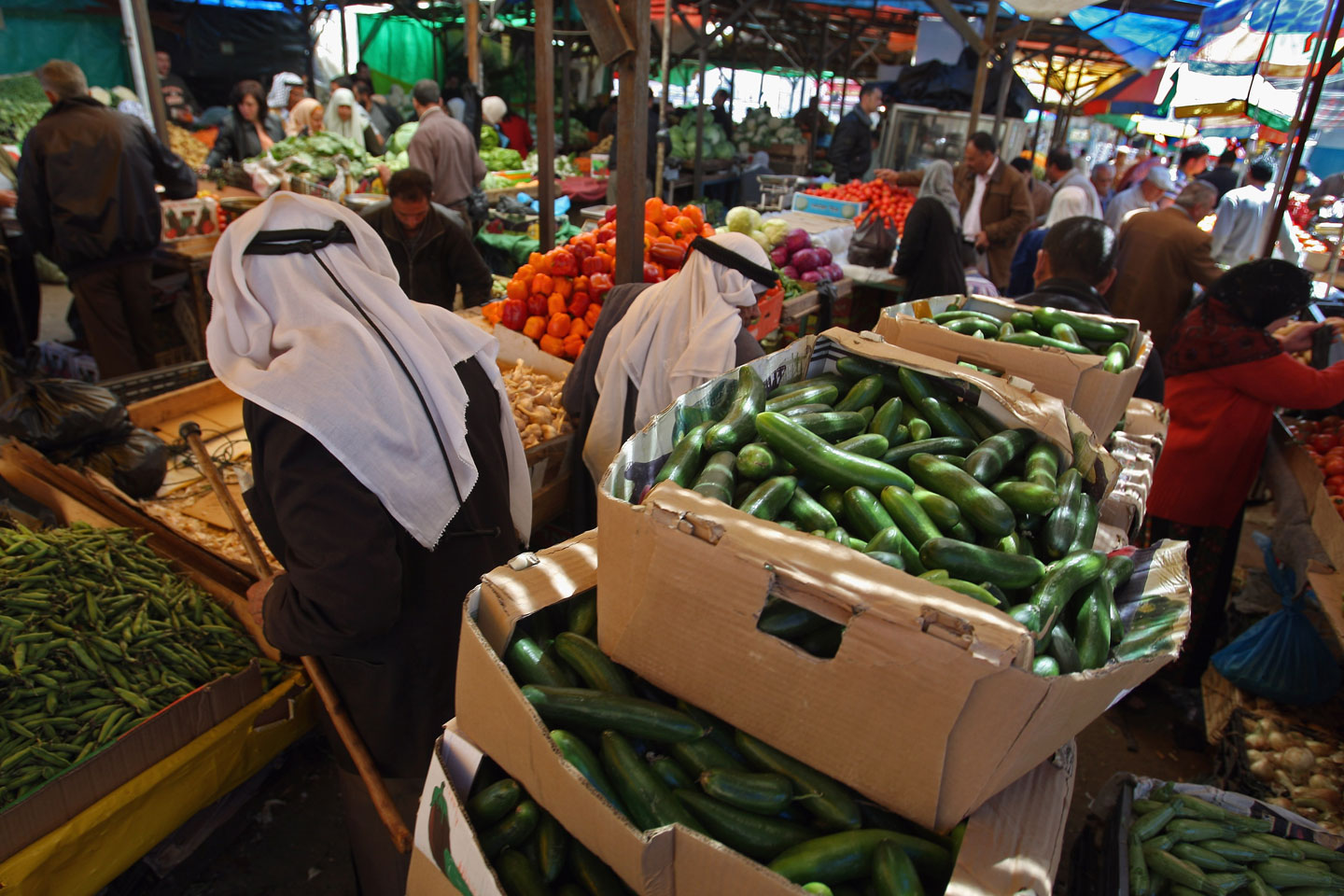
In the West Bank, Plants Are Political
Picking za’atar, ‘akkoub and miramiyyeh (sage) became a criminal offense punishable by fines and up to three years imprisonment, beginning with za’atar, in 1977, when the Israeli Nature Protection Agency decided it should become a protected species.
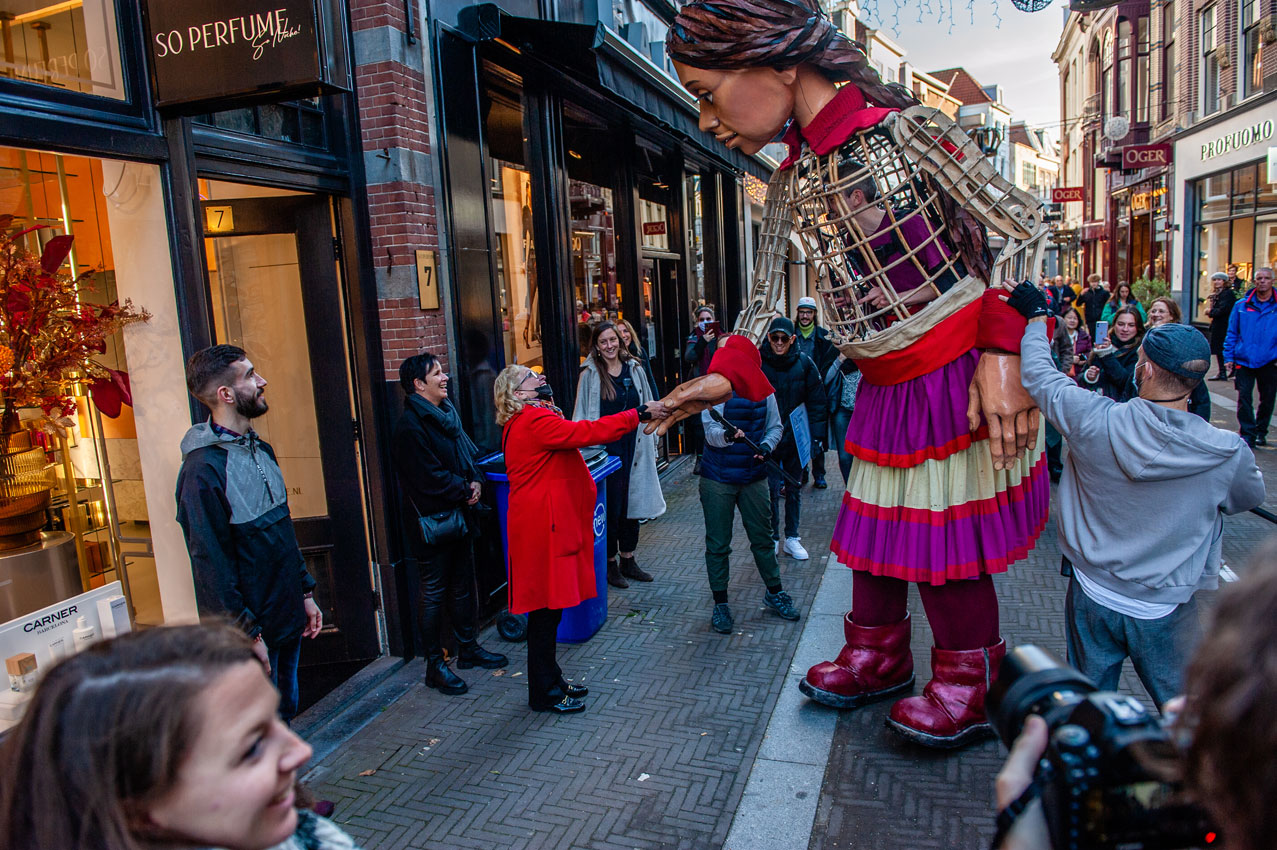
‘Little Amal’ Fights for Young Refugees
The puppet wears a brightly colored skirt but no blouse, revealing the puppeteer inside who stands on stilts while strapped into the wicker frame. This fits into Handspring’s ethos of revealing the manipulator, because if the puppet is being handled well, they say, its manipulators disappear.

Archaeology Turns Political to Benefit a Trio of Middle East Strongmen
Both Saddam and Assad recognized the value of their countries’ archaeological heritage and adapted it to suit their interpretations of what they thought the Baath Socialist Party should be.

The Divas of the Arab World
The exhibition at IMA shines the spotlight on women who are not as well remembered as Umm Kulthum, such as the beloved star of Egyptian musicals, Laila Mourad, who was Jewish, or Warda, who was born in Paris of Algerian parents and began singing in her parents’ cabaret.

